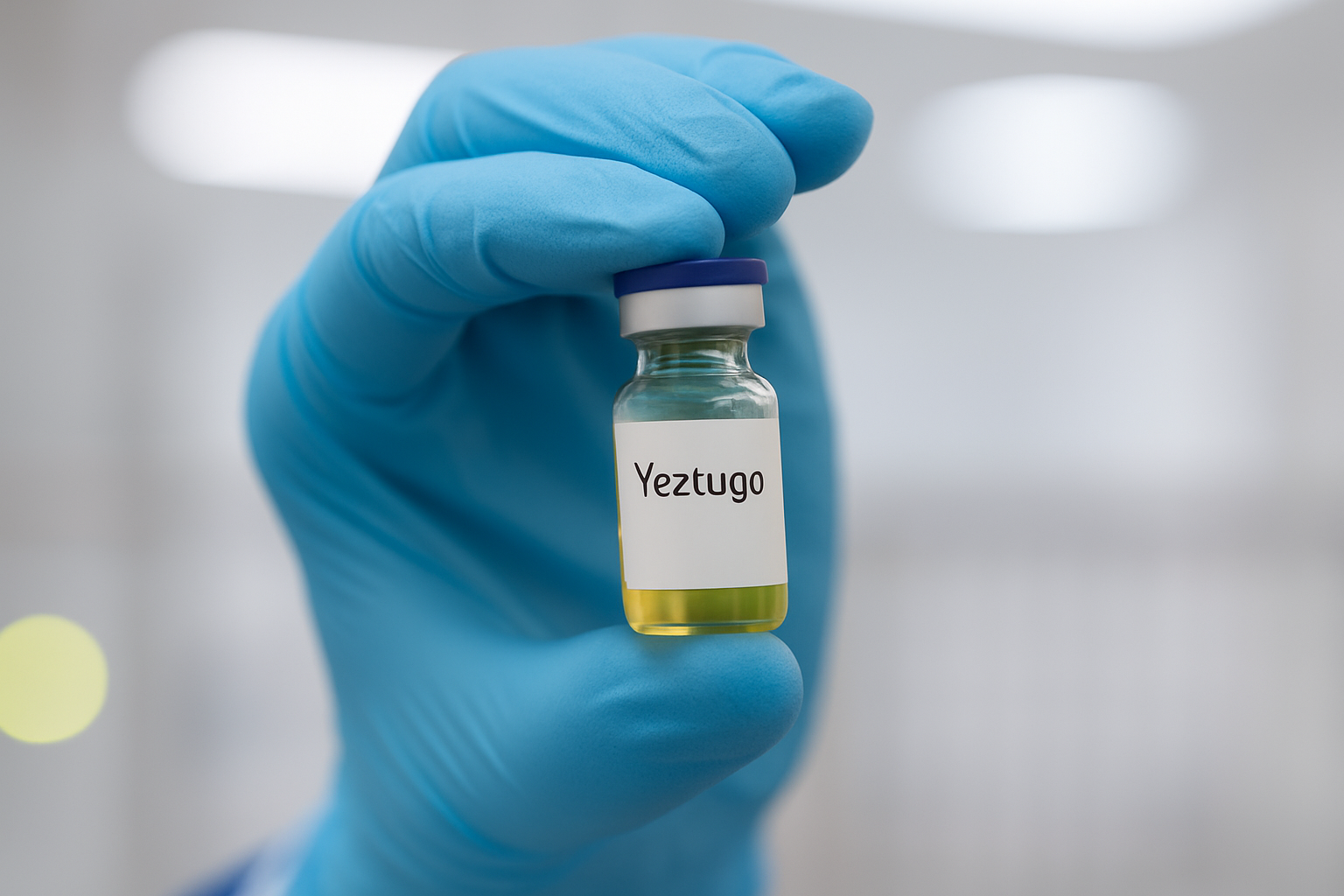
The U.S. Food and Drug Administration has approved Yeztugo (lenacapavir), a powerful new HIV-prevention drug developed by Gilead Sciences. Given via injection just twice a year, Yeztugo has shown remarkable success in clinical trials, virtually eliminating HIV transmission among recipients. It significantly outperformed existing daily oral PrEP drugs like Truvada, cutting infection rates by 89% among gay and bisexual men and transgender individuals. In a separate trial among cisgender women in sub-Saharan Africa, none of the participants who received Yeztugo contracted HIV.
Yeztugo belongs to a new class of antiretrovirals that blocks HIV from replicating inside immune cells and offers a major advantage over daily pill regimens. Experts say this convenience could revolutionize HIV prevention, especially among people who struggle with daily adherence.
Despite its promise, Yeztugo’s rollout faces hurdles. Its high cost—$14,109 per injection—and potential lack of insurance coverage may restrict access. Although Gilead has pledged financial assistance for insured and uninsured individuals, insurers might favor cheaper generic PrEP options.
Political challenges further complicate its adoption. Proposed deep cuts by the Trump administration to HIV-prevention programs, including a 35% reduction in domestic HIV funding and elimination of the CDC’s HIV-prevention division, could severely limit access, education, and implementation efforts nationwide. These cuts would impact vulnerable populations the most, especially Black and Latino gay men who already have disproportionately low access to PrEP.
Another concern is patient follow-up, as studies show many people on oral PrEP stop within six months. Ensuring consistent biannual clinic visits for injections remains a logistical challenge.
Gilead and telehealth providers like Mistr are working to expand Yeztugo access quickly, particularly through community-based clinics and urban centers. While the drug holds transformative potential to reduce HIV infections and close racial disparities in care, its real-world impact will depend on affordability, public health infrastructure, and insurance support amidst uncertain political conditions.
Source: https://www.nbcnews.com/health/health-news/fda-hiv-prevention-drug-prep-lenacapavir-rcna208387

